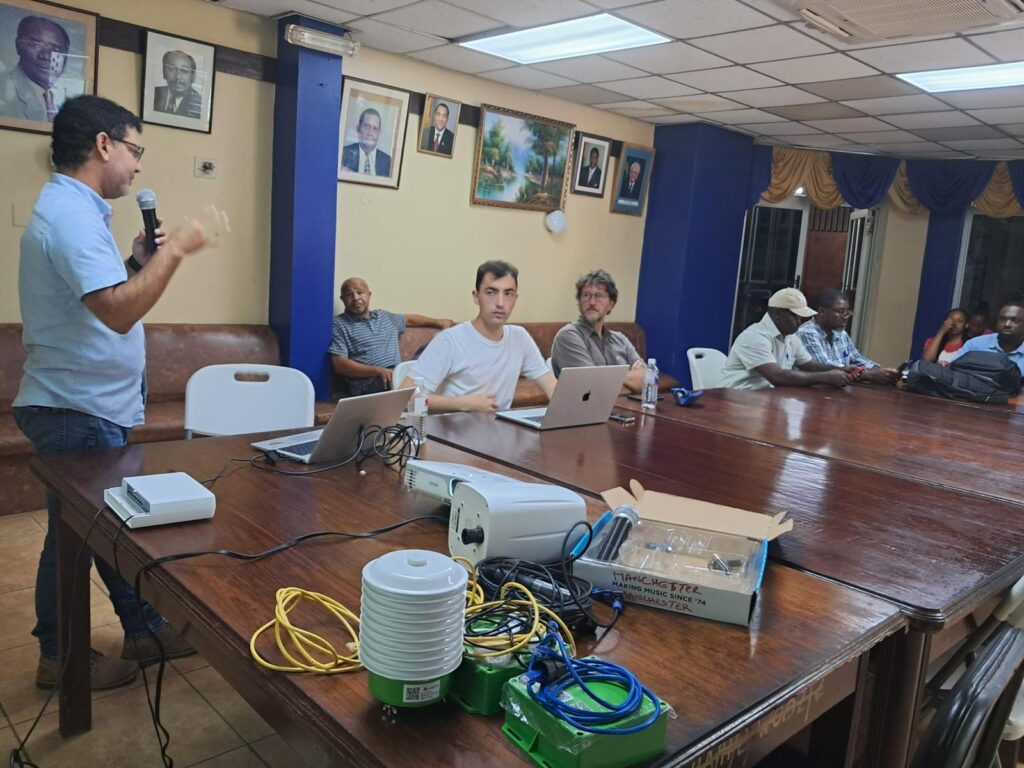Murthy's Bold Claim: Why AI Makes Management and Tech Graduates Equally Valuable

In a surprising and thought-provoking statement, Infosys co-founder N.R. Narayana Murthy has declared that, in the age of Artificial Intelligence, there's little to differentiate between management and technology graduates. This perspective challenges traditional career paths and highlights a shifting landscape in the professional world.
Murthy, a pioneer in the Indian IT sector, has long been a respected voice on business and technology. His recent comments, shared during a public address, sparked considerable discussion about the evolving roles of different skill sets. He posits that the rise of AI is fundamentally changing how problems are approached and solved, blurring the lines between traditionally distinct disciplines.
“I see absolutely no difference between a management graduate and a technology graduate,” Murthy stated, emphasizing the importance of a holistic approach to problem-solving. “They both bring different perspectives to the table, and that's what's crucial.”
The Shifting Landscape of AI and Problem Solving
Traditionally, management graduates were seen as leaders and strategists, focused on the 'big picture' and organizational efficiency. Technology graduates, on the other hand, were viewed as the builders and implementers, skilled in the technical aspects of creating and maintaining systems. However, Murthy argues that AI is transforming this dynamic.
AI is increasingly capable of automating many of the tasks previously performed by technology professionals. This means that the ability to understand business needs, strategize effectively, and lead teams – skills traditionally associated with management graduates – are becoming even more valuable. Simultaneously, technology graduates need to possess a greater understanding of the business context in which their work operates. They need to be able to translate technical solutions into tangible business outcomes.
Diverse Perspectives: The Key to Innovation
Murthy’s argument hinges on the value of diverse perspectives. He believes that bringing together individuals with different backgrounds and skill sets leads to more innovative and effective solutions. A management graduate might identify a business problem, while a technology graduate can then explore potential AI-powered solutions. The interplay between these two perspectives is what drives progress.
“It’s not about who knows more code or who can better manage a spreadsheet,” Murthy explained. “It’s about who can think critically, who can collaborate effectively, and who can adapt to a rapidly changing environment.”
Implications for Education and Career Planning
Murthy's statement has significant implications for both education and career planning. Universities and colleges may need to rethink their curricula to foster interdisciplinary collaboration and equip students with a broader range of skills. Students, in turn, should consider developing both technical and business acumen, regardless of their chosen field of study.
The message is clear: in the age of AI, adaptability, critical thinking, and the ability to bridge the gap between technology and business are the most valuable assets. The future belongs to those who can embrace diverse perspectives and work collaboratively to solve complex challenges.
Murthy’s words provide a compelling argument for a more integrated approach to education and professional development, one that recognizes the equal importance of management and technology graduates in shaping the future of work.





